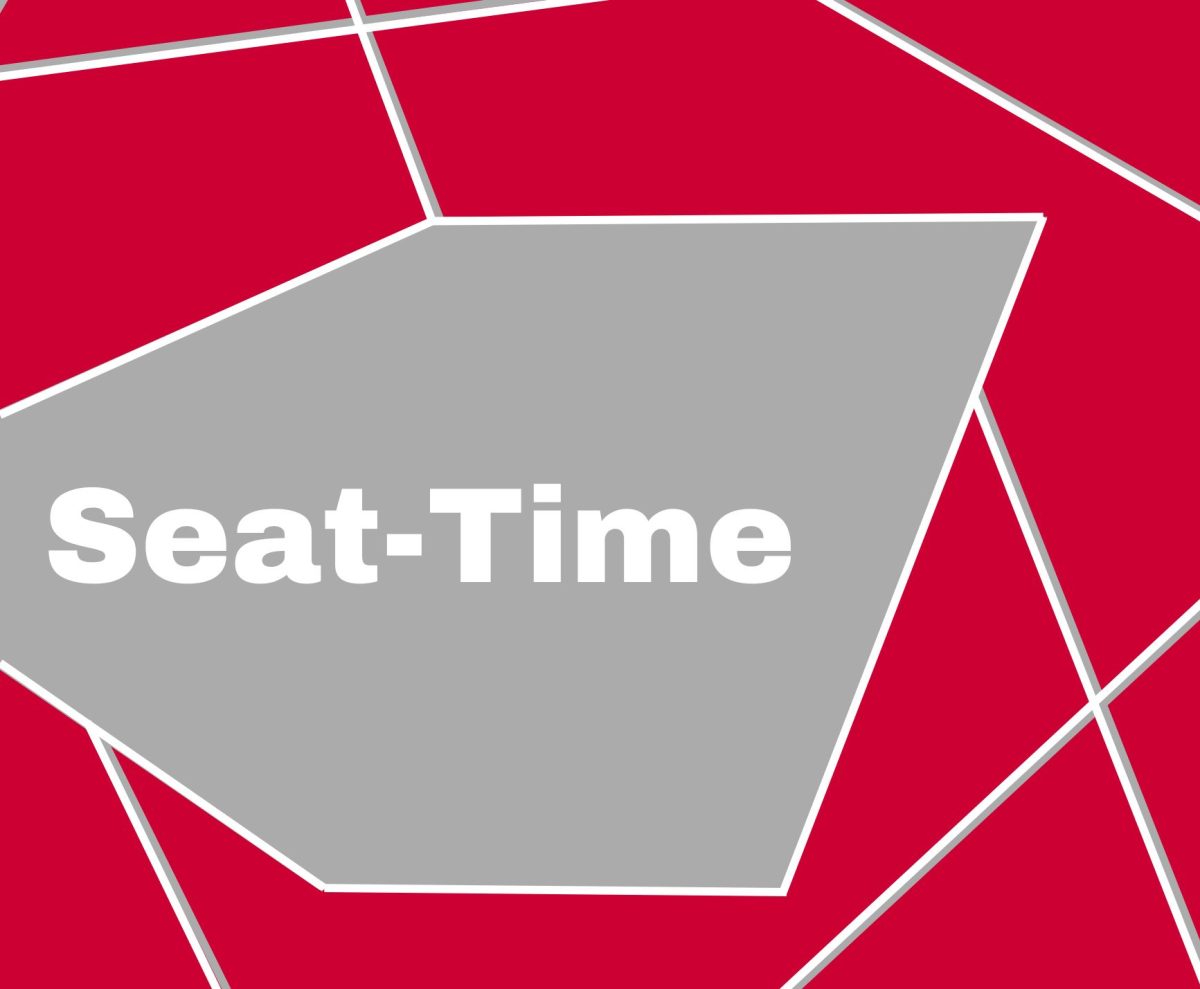Instead of sharpening their No. 2 pencils, students will be charging their devices for AP exams this year.
Since 1952, AP exams have been on paper. Starting the 2024-25 school year, College Board announced AP exams will be digital.
“It is a weird change but it makes sense,” Coppell High School junior Eunice Jiang said. “The world is all digital, so it makes sense that our test is now digital..”
According to College Board, excessive cheating on paper tests prompted the transition to digital tests. The digital AP exam application, Bluebook, includes a lockdown mechanism to ensure no cheating occurs.
“Kids always argue ‘Why can’t I bring my mechanical pencil in?’” testing coordinator Krista Leyendecker said. “It is because they roll up cheat sheets and put it inside the pencils. There are so many ways kids have figured out how to cheat.”
College Board initially announced only nine exams are going digital and in preparation, CHS administered two digital AP exams last May: AP Computer Science Principles and AP European History.
According to computer science teacher Cassie Harmon, the AP Computer Science testers faced technological issues while testing.
“The students were worried that they wouldn’t finish on time due to the issues and it was just disruptive,” Harmon said. “You are in a flow, you are answering all the questions and all of a sudden, boom– you lose your screen.”
However, over the summer, College Board announced more exams to turn digital or hybrid, which are half digital and half on paper.
Leyendecker said the two digital AP exams administered last year have helped with clearing out any issues with digital testing.
“We have made sure that everything is in place,” Leyendecker said. “This year, if something horrifying goes wrong, it is not because we didn’t prevent it, but it is going to be some flukish anomaly that nobody experienced or knew was going to happen.”
College Board has also altered Bluebook to only require Wi-Fi when starting the exam. If the internet disconnects, the exam holds answers until a student is reconnected to the internet and submit the answers.
“Even if the whole city of Coppell has no internet, students can still continue their testing,” Leyendecker said.
Teachers also participate in a virtual training by College Board before all exams.
However, Leyendecker said the school is not providing additional devices if any problems were to occur, since AP exams are not required.
Some teachers think digital exams benefit students.
“Everything we do here is digital, so it better prepares the students for their test and it is just more realistic,” Harmon said. ”Schools need to get used to it because it is the way of the future.”
Some dislike the digital format.
In classes such as AP English Language and Composition, students will type essays, rather than writing by hand.
However, according to many teachers, there are no major changes to teaching methods.
Leyendecker said digital exams allow for more efficient proctoring.
“While taking the paper AP exams, proctors had to hand count all the exams, ensure that all the papers and documents are going to the right place and alphabetize them,” Leyendecker said. “All of those papers were hard to work with and they were a waste of resources.”
The digital AP exams cut back on all that tedious work permitting quicker test-taking. This leads to a smoother transition from morning to afternoon tests and longer breaks between test times.
Harmon said students were pleased with the format change and some found the digital exam easier.
“I like the digital AP exam, since the test is in the format we learn in the whole year,” Jiang said. “Since it is a computer science class, there isn’t that awkward transition from working digitally to on paper.”
This is a big change from how AP exams have been in the past.
”People do not like change, but we just have to accept it,” Leyendecker said. “It’s just how the world works.”
Follow@CHSCampusNews on X.

















Sahasra Chakilam • Oct 23, 2024 at 9:13 pm
Great story!